New research group boosts neuroengineering focus at IBEC
 The Institute for Bioengineering of Catalonia (IBEC) gains a world-renowned neuroscientist and psychologist with the move this week of ICREA professor Paul Verschure and his Synthetic Perceptive, Emotive and Cognitive Systems group (SPECS) from the Universitat Pompeu Fabra to the institute.
The Institute for Bioengineering of Catalonia (IBEC) gains a world-renowned neuroscientist and psychologist with the move this week of ICREA professor Paul Verschure and his Synthetic Perceptive, Emotive and Cognitive Systems group (SPECS) from the Universitat Pompeu Fabra to the institute.
A multidisciplinary group founded in 2005, SPECS aims to find a unified theory of mind, brain and body by using synthetic methods, and to apply such a theory to the development of new cognitive technologies. It’s led by ICREA professor and ERC grantee Paul Verschure, who has an MA and PhD in psychology and who has pursued his research in the USA (San Diego Neurosciences Institute and the Salk Institute) and Europe (University of Amsterdam, University of Zurich and the Swiss Federal Institute of Technology).

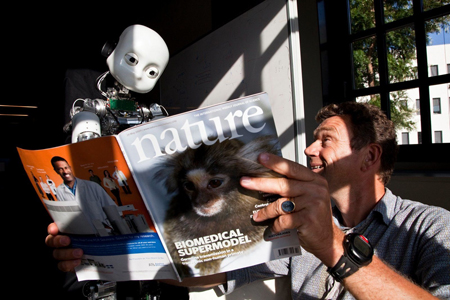
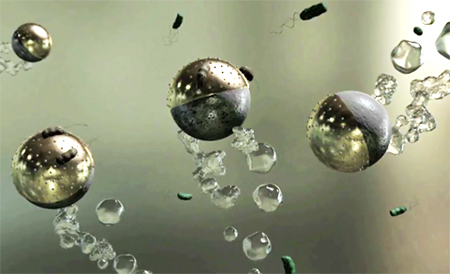
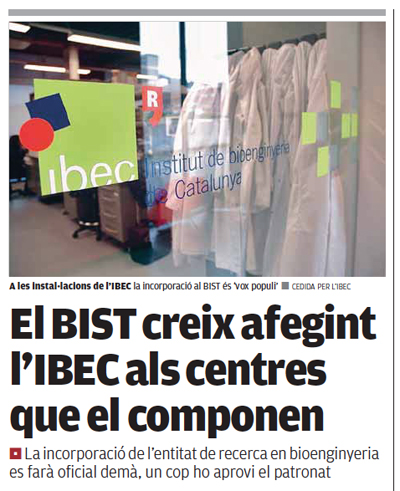
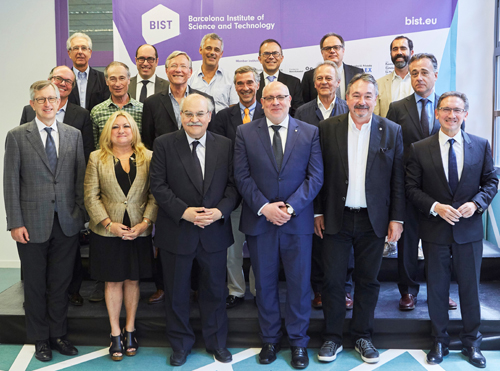
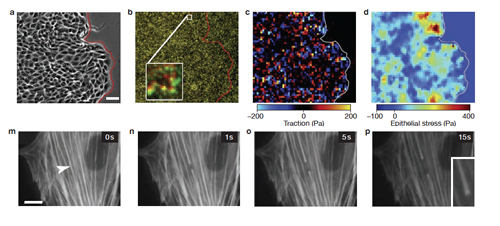
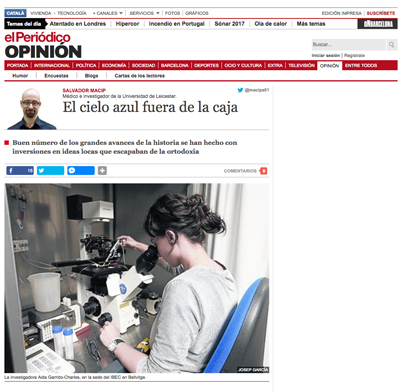
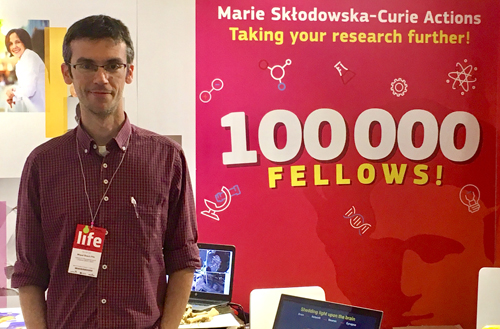
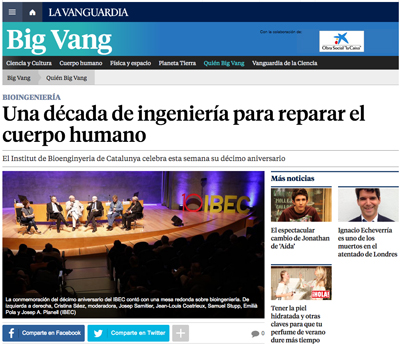
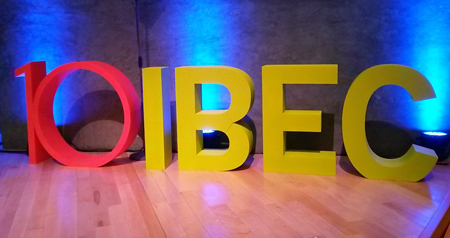
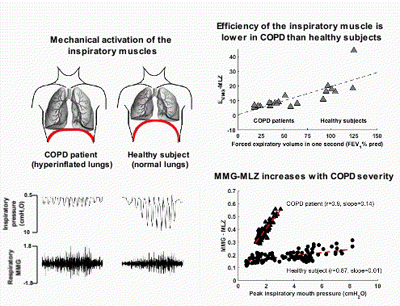
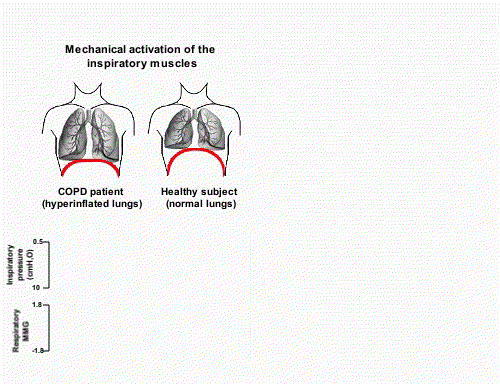 Some research published in PLOS ONE represents a new step towards translating IBEC’s basic research – specifically the novel signal processing and interpretation algorithms developed by Raimon Jané’s group – to clinical applications in hospitals.
Some research published in PLOS ONE represents a new step towards translating IBEC’s basic research – specifically the novel signal processing and interpretation algorithms developed by Raimon Jané’s group – to clinical applications in hospitals.